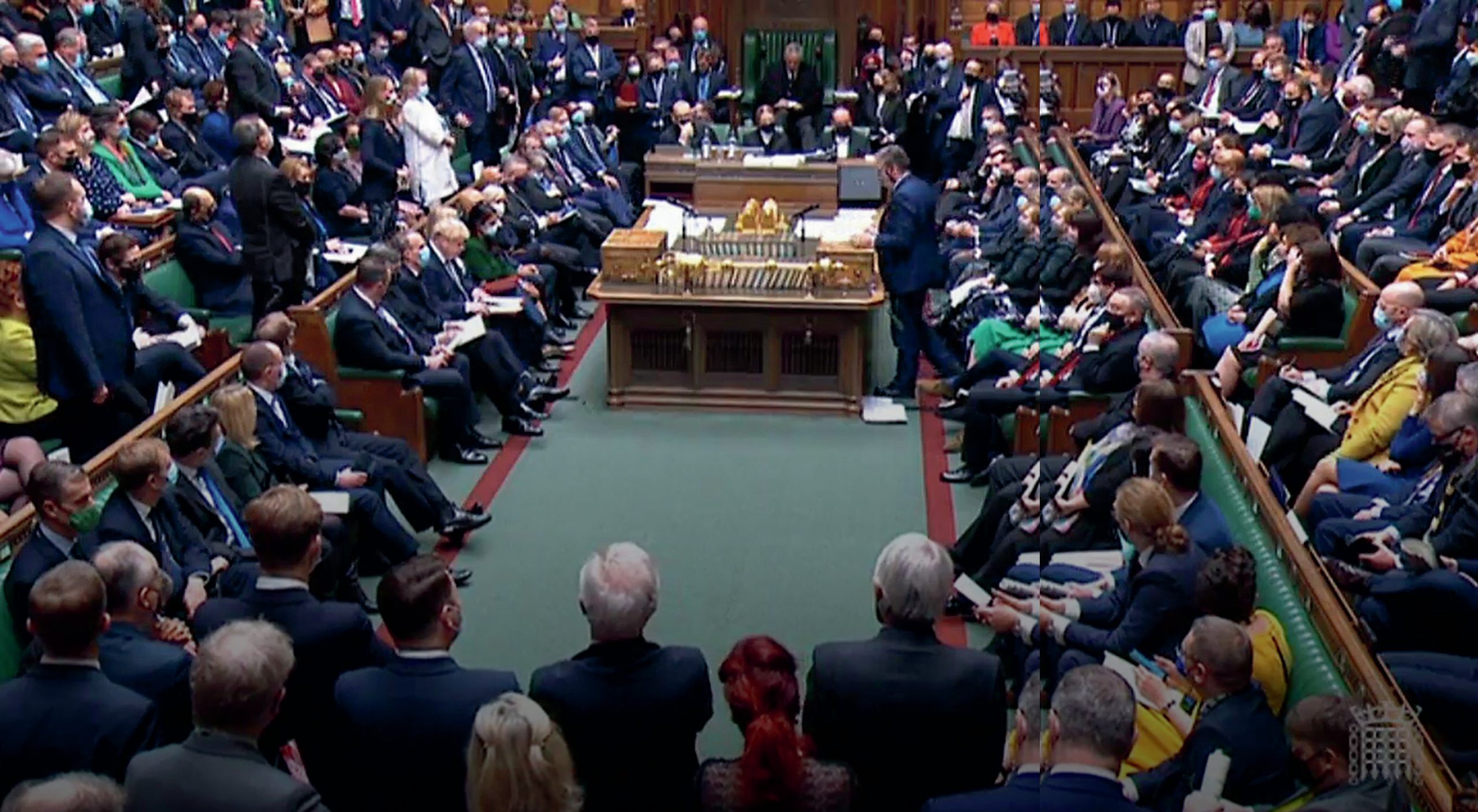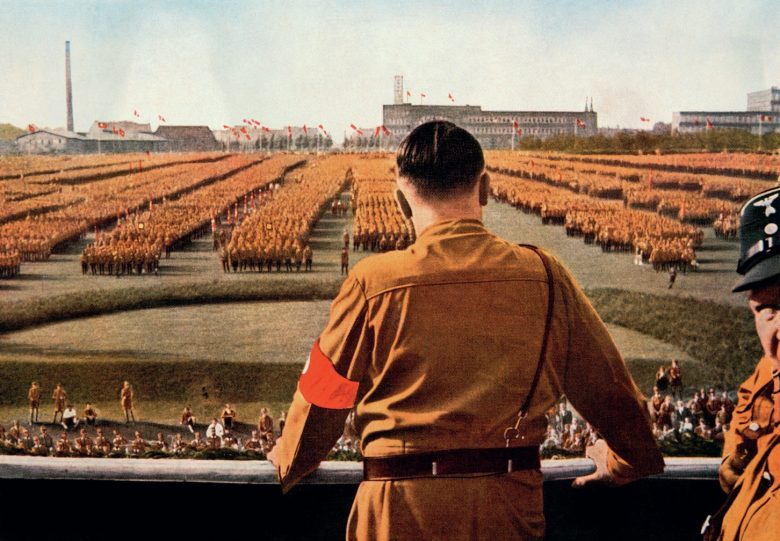
All examination boards require a thorough knowledge and understanding of the structure and role of Parliament, as well as the ways in which Parliament and the executive interact. For students following the US/comparative route, examination boards require comparative evaluation of how Parliament and Congress perform their functions, especially that of executive accountability.
The principal role of Parliament is, as has always been since its emergence in the thirteenth century, to respond to the demands of the executive (the Crown and now ministers on behalf of the Crown) for legislation and money. It is primarily a law-assenting body, debating and, if necessary, amending bills before giving, or refusing, assent to them. It is the power to say ‘no’ that renders it a core institution of the state.
Your organisation does not have access to this article.
Sign up today to give your students the edge they need to achieve their best grades with subject expertise
Subscribe




